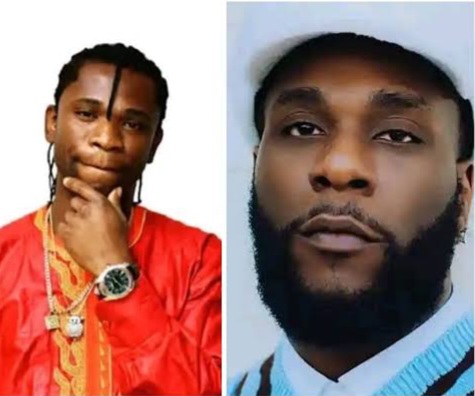By Milcah Tanimu
In recent times, social media has become a battleground for celebrities, as illustrated by the disputes involving Burna Boy, Speed Darlington, and others. These incidents have raised critical questions about defamation versus free speech. While social media empowers individuals to express their opinions, it also facilitates the spread of misinformation, which can lead to significant legal consequences.
Defamation occurs when someone makes false statements that harm another’s reputation. It can be categorized into slander (spoken) and libel (written). In Nigeria, Section 39 of the Constitution guarantees freedom of expression, yet it doesn’t shield individuals from defamation claims. According to Kemi Afesojaye, a legal expert, for a statement to be considered defamatory, it must be false, communicated to a third party, and capable of damaging a person’s reputation.
Recent cases have exemplified this fine line. Speed Darlington’s arrest highlights the dangers of unverified claims. Similarly, the ongoing dispute between Falz and VDM illustrates how publicizing false statements can lead to legal repercussions. Legal experts emphasize that individuals cannot hide behind free speech if their statements are defamatory. Section 375 of the Criminal Code states that defamation can result in a year of imprisonment or civil penalties.
In conclusion, navigating the complex landscape of opinions and defamation is crucial in today’s digital age. Users should be aware of the potential consequences of their statements, ensuring they are informed and responsible in their online interactions. Understanding this balance is vital for anyone engaging on social media platforms.

Leave a Reply